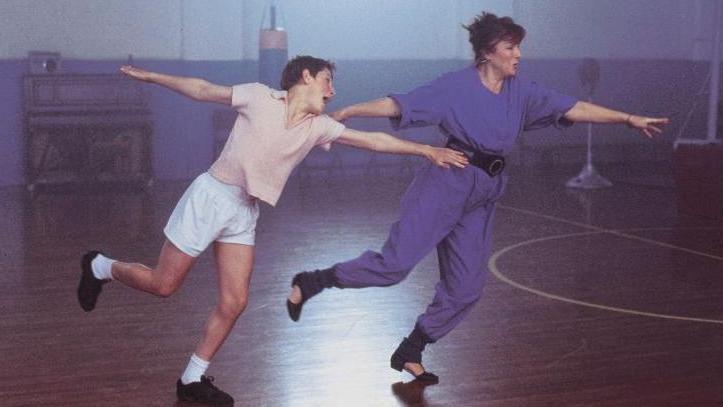'We're creating the Billy Elliots of the future - but we need support'
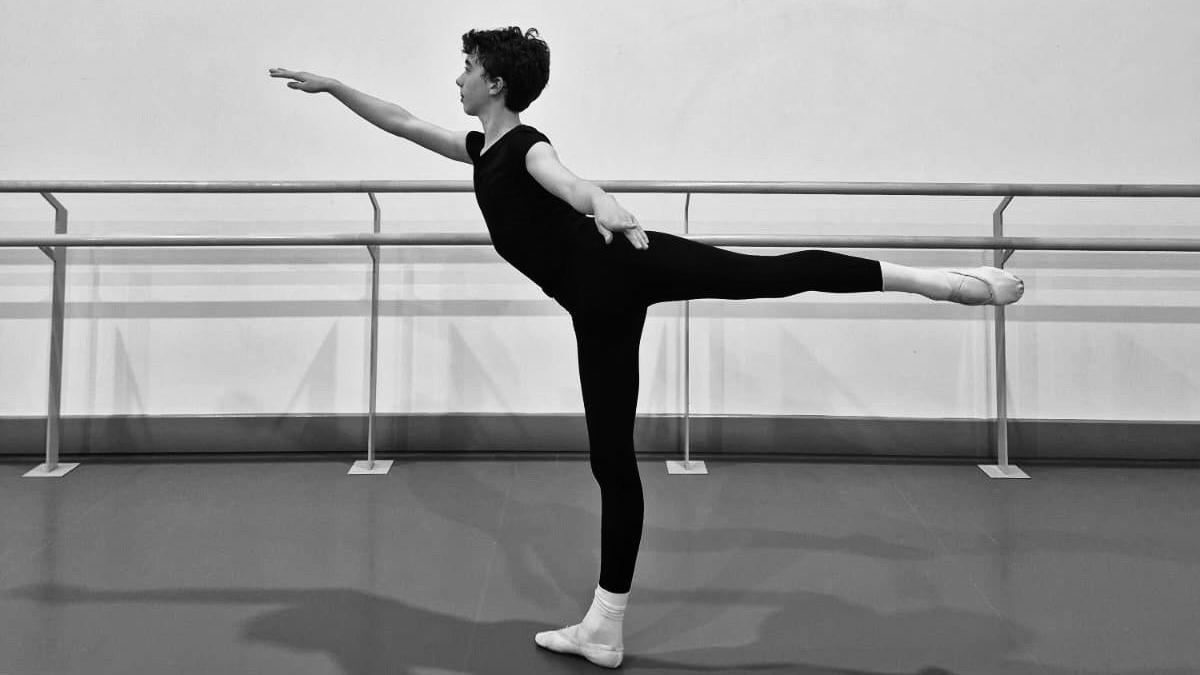
Barnaby discovered ballet when he saw his sister doing classes on Zoom during the Covid lockdowns
- Published
In the film Billy Elliot, the son of a striking miner in the north east of England in 1985 is seen to face prejudice because he wants to be a ballet dancer.
When it hit cinemas in 2000, Billy's challenges seemed already to be in the distant past, but experts say aspiring young male dancers still face similar problems today.
"I was going to be a footballer, which is the most unrealistic thing in the entire world. Every kid in the world wants to be a footballer," says Joe, 16, from Bradford.
Joe now wants to be a dancer and has trained at the Northern School of Contemporary Dance (NSCD) in Leeds since he was 13.
He says if it wasn't for an email sent to his mum from NSCD, where just 10% of the students are boys, he would never have even thought of becoming a dancer.
"I went to the audition and my life just completely flipped around," he says.
"I ended up coming to the audition, and since then it's been the only thing I've done for the last three years."
"Without that email, that one singular email, I would never have even considered it," he says.
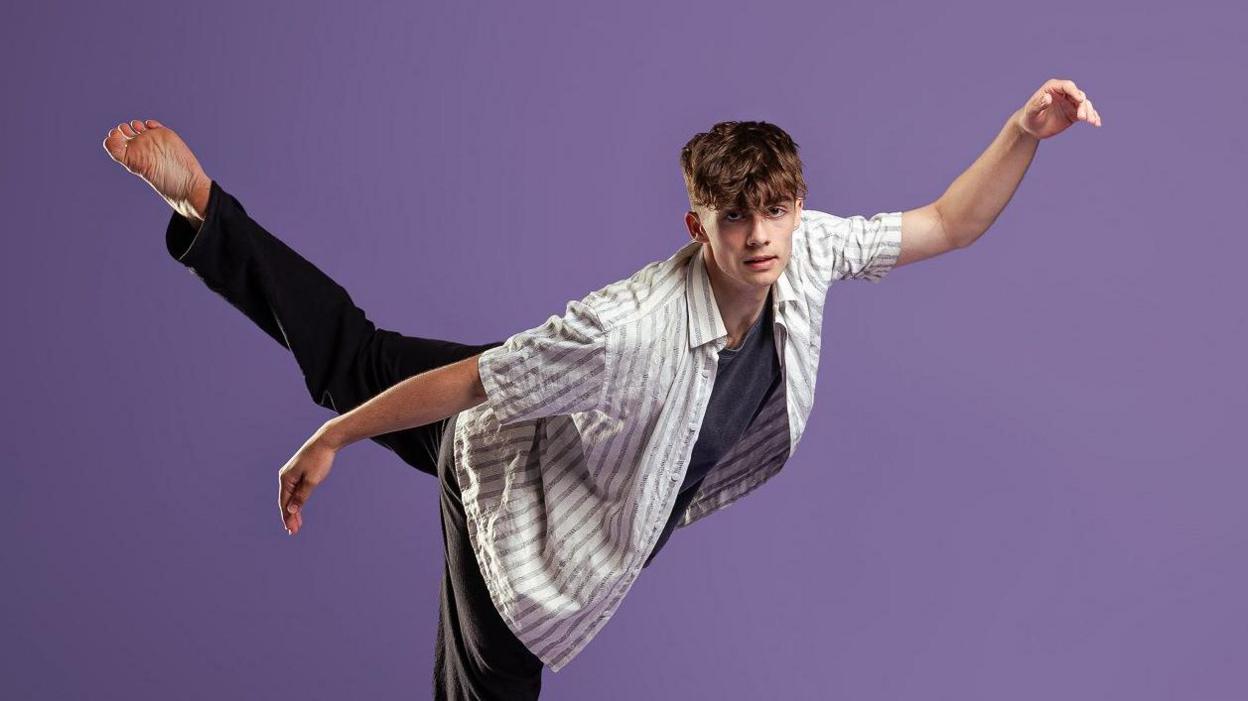
Joe says dance has given him confidence for his future
The NSCD is trying to tackle the issue of a lack of male dancers with the creation of an all-male group called Collide.
Teacher Tracy Witney explains: "We set up Collide in 2016. We did takeovers of Leeds city centre with boys' groups, but also professional dancers.
"One of the things we realised is that there aren't really any dance companies that have more than two or three male dancers in the company."
Joe says that with 12 male dancers in Collide, at first it felt strange to be in a room full of other boys and men who danced as he was so used to being in the minority.
"It kind of sucks because you go, it shouldn't be like that. It shouldn't be like that all," he says.
"I walked into my first class maybe a month ago now, and I was, like, there are more than three boys in this room. It was brilliant."

Nic (left) teaches Barnaby (right) at Northern Ballet in Leeds
At Northern Ballet – also in Leeds - 25% of the current 2025–26 cohort are male-identifying, and each year the organisation runs two free masterclasses for boys.
Barnaby, 13, joined Northern Ballet after attending one of those masterclasses.
His first dance experience was during the Covid pandemic when he saw his sister taking part in classes on Zoom at home in Sheffield.
"I started doing the dance classes in the hallway while she was on Zoom," he says.
"So then, after Covid, when my sister was stopping dance, my mum signed me up," he explains.
"I like how you can be artistic but then there's also set technique, so it's not just completely free - you still have rules - but you can also add your own creativity."
Barnaby says while his friends are supportive, overall he feels more comfortable in dance classes than at school.
"My family didn't really know anything about dance because neither of my brothers did dance and obviously my sister did it, but they didn't know anything about it."
Barnaby aspires to join a professional ballet company once he has completed his training.
He says there is at least one positive to being the only boy in a class.
"There are less people competing for the same roles," he smiles.
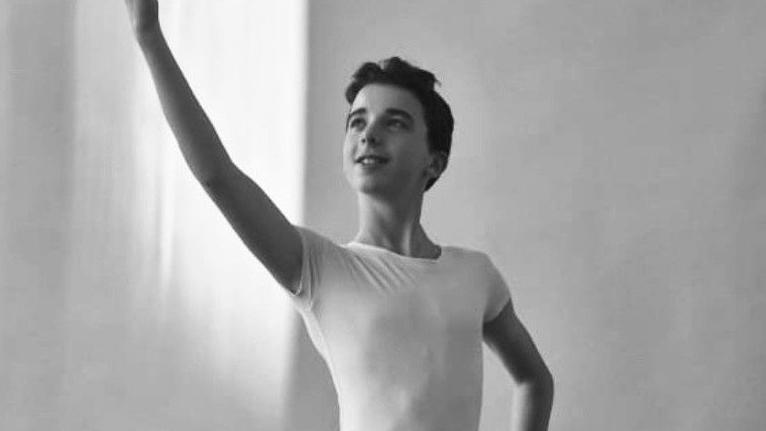
Barnaby aspires to be a professional ballet dancer
At Northern Ballet, Barnaby is taught by Nic Gervasi, who joined the company in 2010 as a dancer and who was promoted to junior soloist in 2015.
"A little bit like Joe, dance completely changed the trajectory of my life," he says.
"There was no one in my family that was dancing. I came from a really small town. There was not much access, so for me it did open up a lot of opportunity.
"From quite an early age, I knew what I wanted to do and I was very passionate about it. I was lucky to have a lot of support."
Mr Gervasi says listening to Joe and Barnaby "makes me feel very hopeful".
"But it also makes me feel sad to know that we're still looking at so much challenge for them."
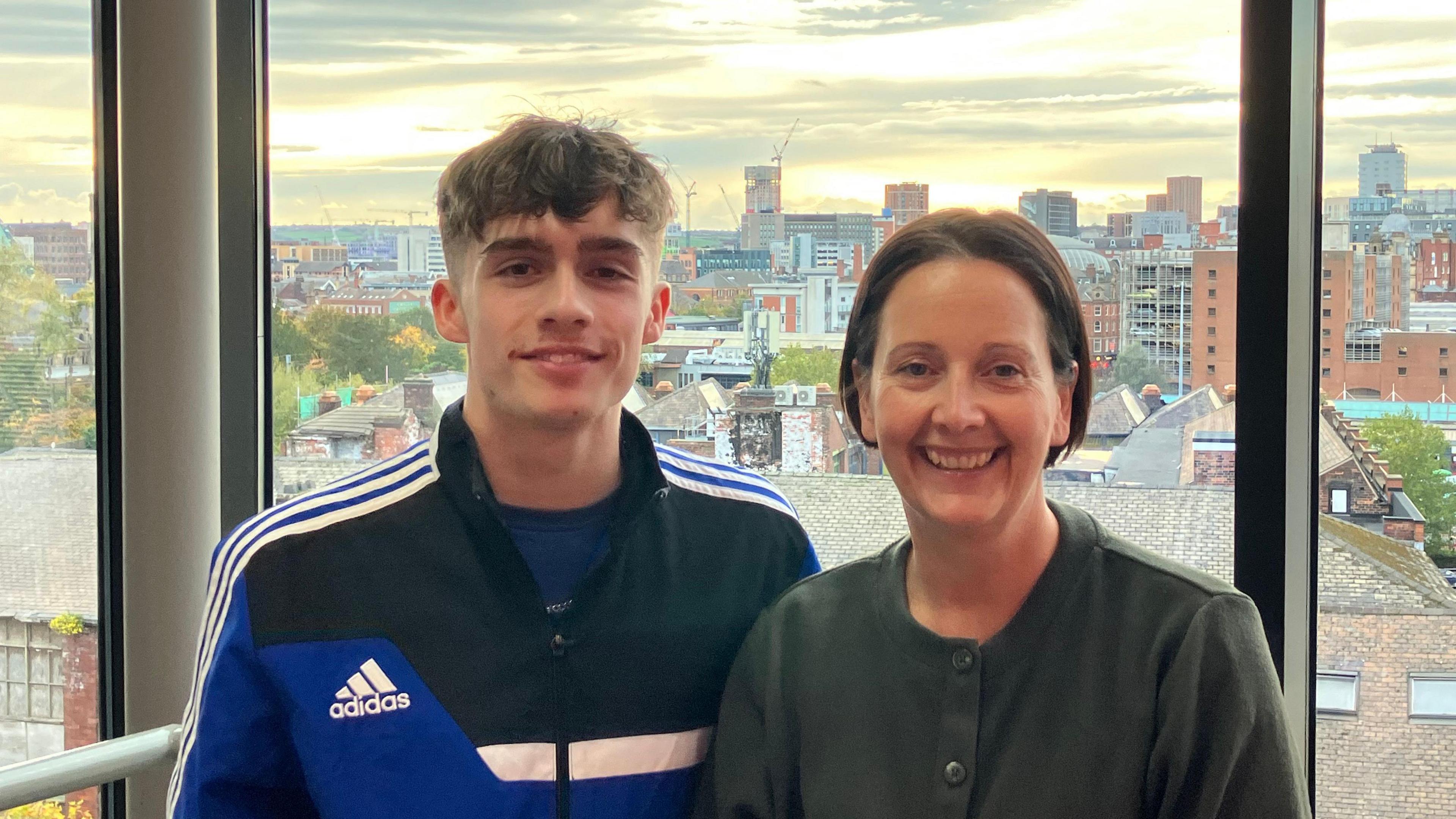
Joe (left) is taught by Tracy Witney (right) at the Northern School of Contemporary Dance in Leeds
Joe and Barnaby both receive funding to help them train because Northern Ballet and NSCD are National Centres for Advanced Training in Dance (CAT).
The schools offer a training programme to the next generation of aspiring dancers aged between 11 and 18 which is funded by the Department for Education (DfE).
Until it was cut earlier this year, the CAT programme also had an outreach arm that funded dance schools to go into communities and mainstream schools to find potential dancers.
Students and teachers fear the CAT scheme could be cut altogether after they were told that ministers could only promise funding until the end of this academic year.
According to its organisers, across its 10 regional centres, the CAT scheme reaches about 900 students.
About 68% of those receive means-tested bursaries and 52% come from households earning less than £25,000.
Ms Witney, who as well as teaching Joe is also chair of the National Dance CAT managers group, says: "Joe's training was supported by DfE grants, so Joe's career trajectory has been supported by that financial income.
"Without those grants, we won't have the Joes."
The DfE says it is committed to "breaking down barriers to opportunity so every child can achieve and thrive".
A spokesperson for the department said it was providing £36.5m across the music and dance CAT schemes this academic year.
"We are creating those dancers of the future, it's just we need that support and that backing to keep it going," says Ms Witney.
"It might be 25 years of Billy Elliot, but actually some things still haven't changed - or they did, and then they've come back around again."
Get in touch
Tell us which stories we should cover in Yorkshire
Listen to highlights from West Yorkshire on BBC Sounds, catch up with the latest episode of Look North.
Related stories
- Published15 April
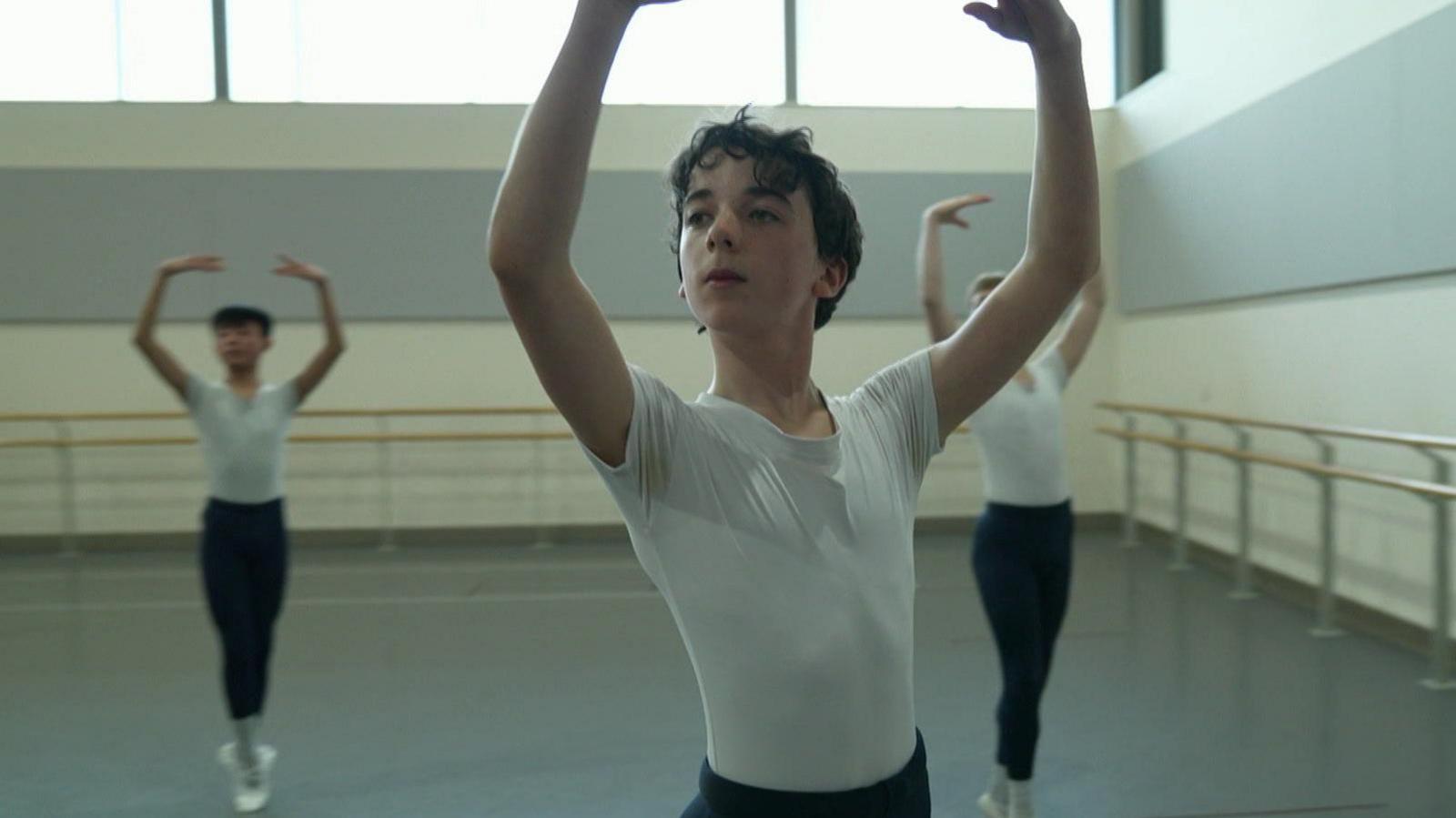
- Published27 October 2024

- Published5 October 2024
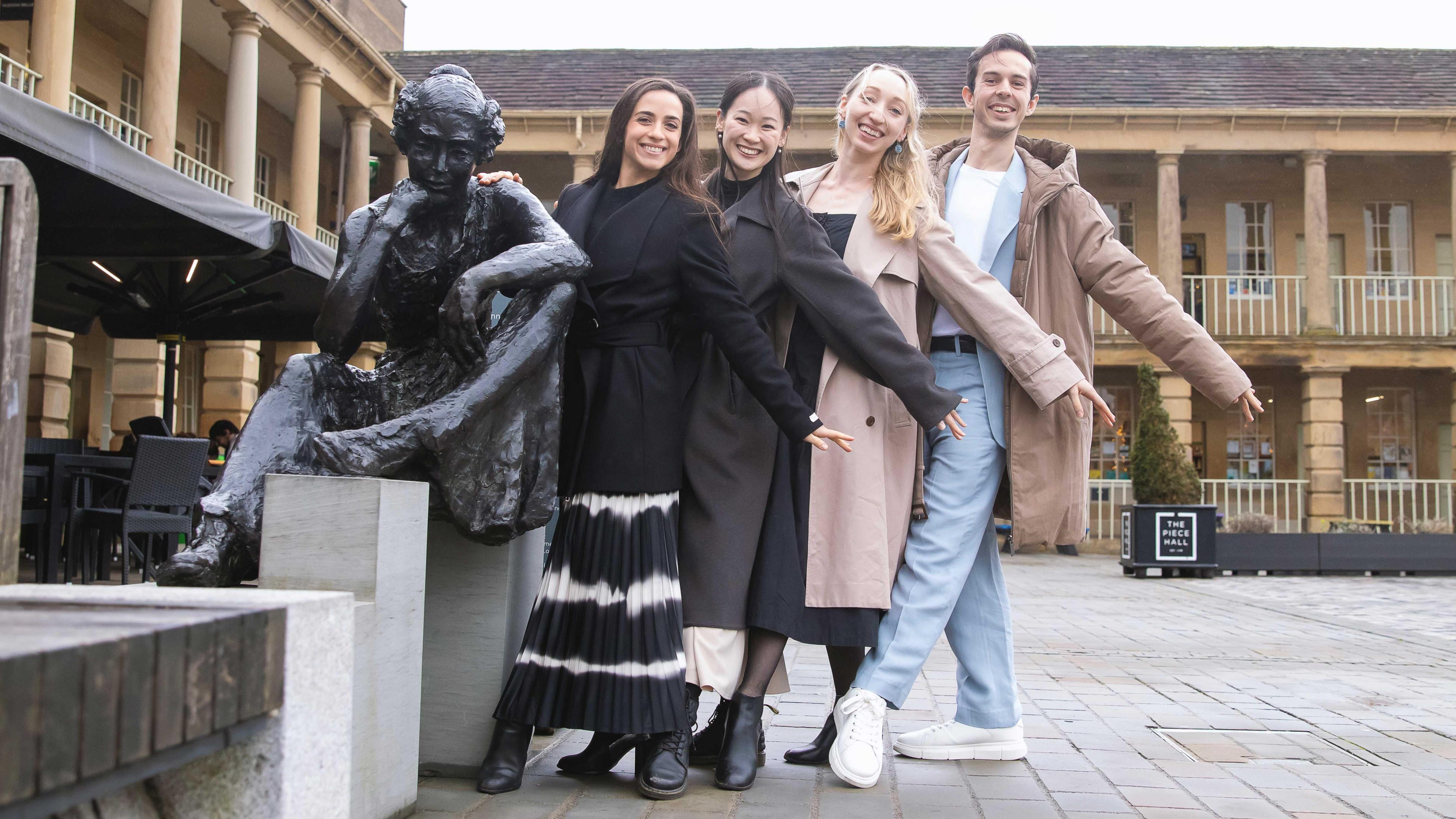
- Published19 September
